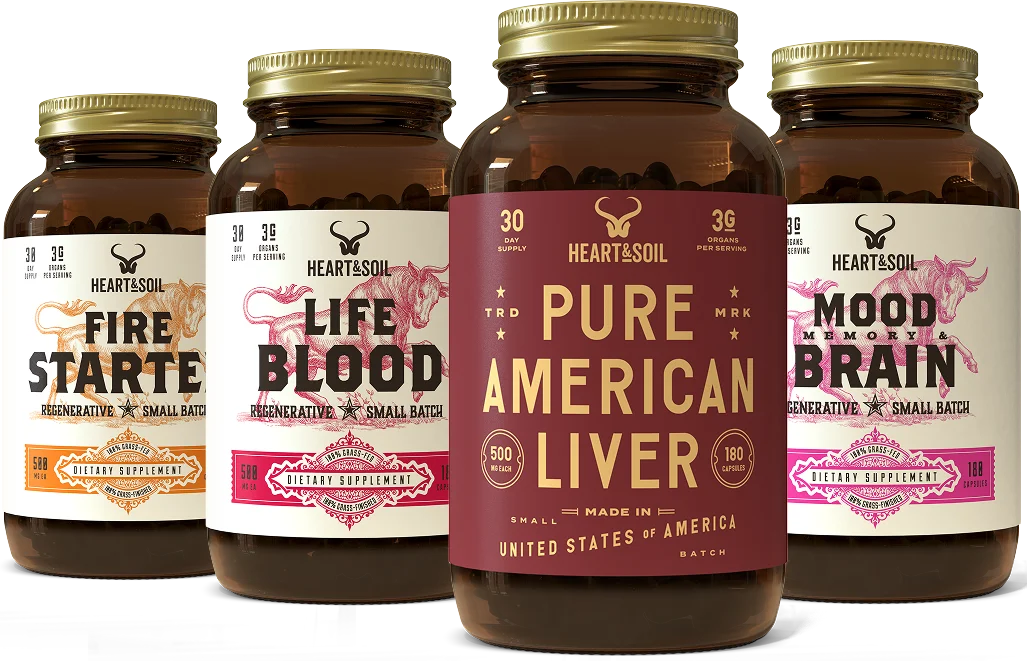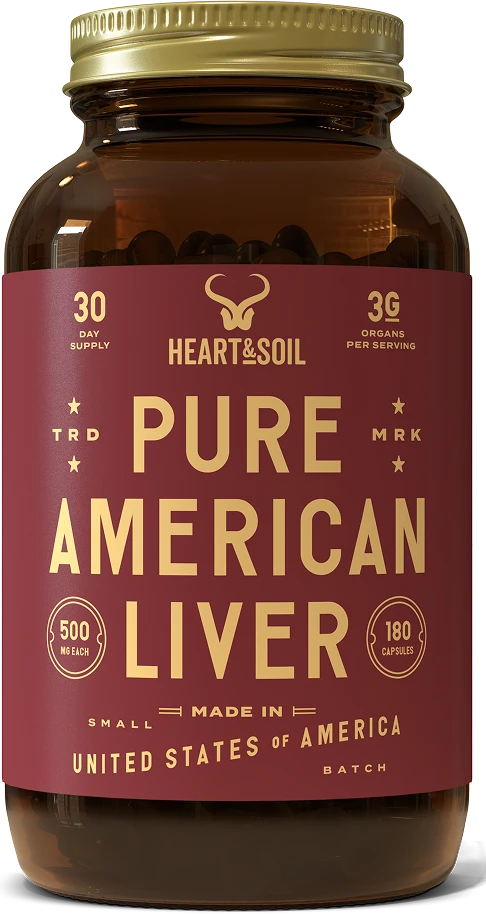“PLEASE NOTE: The information in this blog is for educational purposes only. It is not a substitute for professional medical advice. Consult your healthcare provider if you’re seeking medical advice, diagnoses, or treatment.”
Pregnancy is one of the most nutritionally demanding times in a woman’s life. You’re not only growing a baby (or two!) but also building a temporary organ—the placenta—that serves as your baby’s lifeline for nutrients and oxygen. This miraculous process requires an increase in nearly every essential vitamin and mineral.
While doctors have commonly recommended synthetic prenatal vitamins, more women are turning to nutrient-dense, food-based sources to meet these needs. Why? Because nature delivers these nutrients in their most optimal and bioavailable form.
In this post, we’ll explore the 10 best whole food options for natural prenatal vitamins to support a healthy mama and thriving baby. We’ll also touch on supplements, raw food concerns, and the truth about vitamin A.

Key Nutrients for Pregnancy
Let’s walk through some of the vitamins and minerals that are crucial for a thriving pregnancy:
- Folate: Essential in the early weeks to prevent neural tube defects and support cell division and nucleic acid synthesis (1).
- Iron: Needed to meet the 40–50% increase in maternal blood volume during pregnancy. Iron deficiency can raise the risk of anemia, preterm birth, low birthweight, and impaired cognitive and behavioral development (2).
- Calcium: Supports the development of strong bones and teeth and may help reduce the risk of gestational diabetes (3).
- Choline: Vital for central nervous system development and works alongside folate to lower the risk of neural tube defects (4).
- Vitamin B12: Required for central nervous system function, red blood cell formation, and the synthesis of DNA and RNA (5).
- Vitamin D: Important for bone development, immune function, and hormone health. Deficiency is linked to gestational diabetes, preeclampsia, and low birthweight (6)
- Vitamin A: Supports immune function, vision, cellular communication, and the development of the heart, lungs, eyes, and other organs (7).
- Omega-3 fatty acids: Crucial for fetal growth, especially for brain and eye development (8).
Synthetic vs Natural Prenatal Vitamins
Many prenatal vitamins rely on synthetic nutrients which your body struggles to absorb or utilize efficiently. To compensate, manufacturers often increase the dose, but more isn’t better when your body can’t properly use what it’s given (9).
Your body needs more than just the right nutrients; it also requires the right form and the right cofactors to do its job.
The Right Form
First, your body needs the proper form of nutrients. For example, most prenatal vitamins use synthetic folic acid, which must be converted into the active form of folate (L-5-MTHF) before your body can use it. Not everyone makes that conversion efficiently (especially those with MTHFR gene variants), so much of it can go unused (10).
Many brands add more folic acid to compensate. However, when your body can’t process it, the excess can build up in your bloodstream, disrupt natural folate metabolism, and even mask deficiencies like B12, potentially increasing the risk of immune issues and neurological symptoms (11).
The Right Cofactors
Second, your body needs the proper nutrient partners (cofactors) to absorb and utilize minerals efficiently. For example, getting iron from your diet isn’t enough; it needs support from copper, vitamin A, and B vitamins to be metabolized and used properly (12).
Most synthetic iron supplements skip these crucial cofactors and come in forms (like ferrous sulfate) that can be harsh on digestion and poorly absorbed (#). Worse, without copper to balance it, unbound iron can accumulate in tissues, promoting oxidative stress and inflammation (13).
In short, whole foods deliver nutrients in their most bioavailable form with the right cofactors to help your body thrive.
10 Best Foods for Natural Prenatal Vitamins
Here’s your go-to food list for building a nourishing foundation of prenatal nutrition.
1. Grass-Fed Liver
Why: One of the most nutrient-dense foods on the planet, liver provides preformed vitamin A, folate, iron, B12, and choline, all in the most bioavailable forms (14, 15).
How to Enjoy: Lightly seared with salt, blended into ground beef, or taken daily as freeze-dried capsules like Pure American Liver.
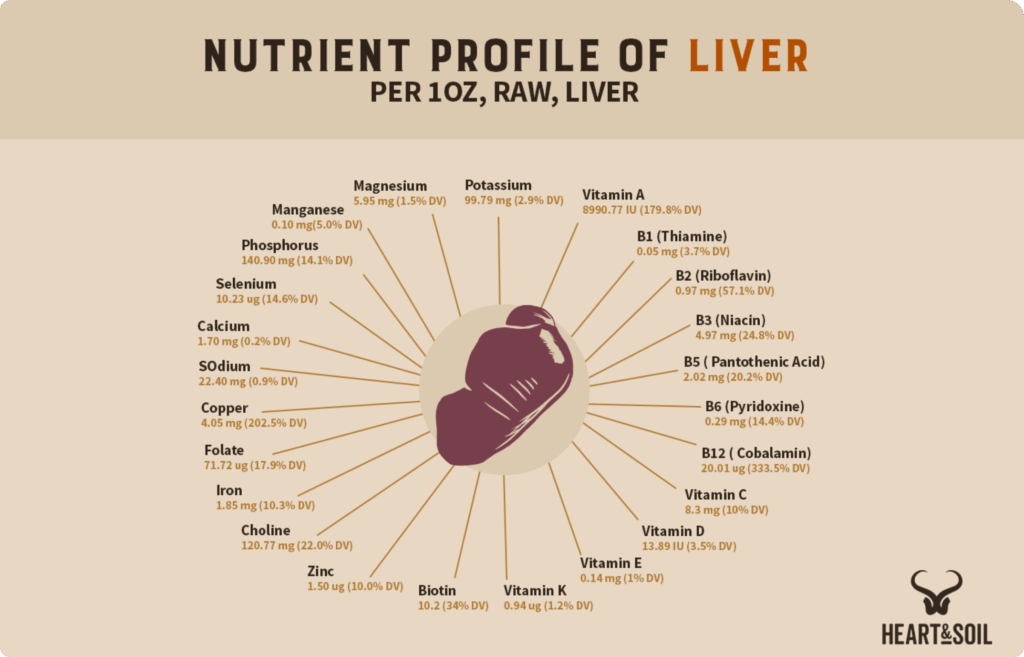
2. Beef
Why: A fantastic source of heme iron, zinc, B12, and protein, and also provides selenium and vitamin D (16).
How to Enjoy: Grilled steaks, slow-cooked roasts, or pan-seared ground beef with salt.
3. Eggs
Why: Egg yolks are particularly rich in choline, vitamin D, and essential fatty acids. Eggs also provide biotin, folate, and vitamin A (17).
How to Enjoy: Soft-boiled, fried in tallow, or scrambled in butter.
4. Cheese
Why: Aged, full-fat cheeses deliver calcium, vitamin K2, and healthy fats (18).
How to Enjoy: Sliced raw, paired with fruit, or grated over beef or eggs.
5. Milk
Why: A superb source of calcium, vitamin A, B vitamins, and beneficial enzymes. Raw milk also contains natural probiotics, enzymes, and peptides that can improve digestion, microbial diversity, and overall health (19, 20).
How to Enjoy: Sipped cold, added to smoothies, or fermented into yogurt or kefir.
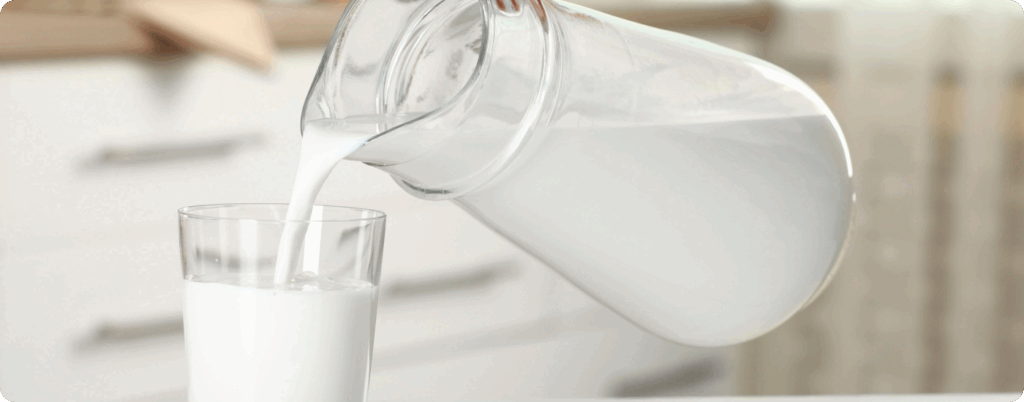
6. Oysters
Why: They contain more zinc than any other food, along with naturally occurring iodine, selenium, manganese, and B12 (21).
How to Enjoy: Raw, steamed, put in a soup, or grilled.
7. Bone Marrow
Why: Rich in supportive healthy fats, collagen, and vitamin E (22).
How to Enjoy: Roasted, spread on rice, or added to soups.
8. Bone Broth
Why: Homemade bone broth contains collagen, protein, glycine, and other amino acids. Studies show that collagen consumption during pregnancy improves wound healing and overall quality of life (23).
How to Enjoy: Sipped warm, used as a base for soups or stews, or added to rice or meat dishes.
9. Tallow
Why: Contains vitamins A, E, D, and K, which are important for vision, immune function, bone health, and numerous other processes (24).
How to Enjoy: Fry meat and eggs in tallow or put salted tallow in your rice.
10. Fruit
Why: Rich in vitamin C, potassium, and carbohydrates to fuel metabolism and support hydration. Avocados and tropical fruits like mangoes offer excellent folate and magnesium (25).
How to Enjoy: Eaten fresh on their own, blended into smoothies, stewed, or grilled.
Nourish You and Your Baby
Whole-Food Prenatal Support from Organs
Our Prenatal Stack: Whole-Food Nutrition
Our Prenatal Health Stack offers nutrition from whole foods. It’s a fantastic way to nourish both yourself and your growing baby conveniently. The stack includes:
- Pure American Liver: Liver provides folate and B2, B5, B6, and more.
- Mood, Memory & Brain: Omega-3 fatty acids (DHA and EPA) are found in brain, bone marrow, and liver.
- Lifeblood: Whole blood extract, liver, and spleen make up our supplement with the most heme iron.
- Firestarter: Healthy fatty acids and fat-soluble vitamins are found in this supplement made from suet.
Our supplements are freeze-dried, and each batch undergoes thorough testing to detect the presence of pathogenic bacteria or other harmful substances, making them a safe, high-quality option for natural prenatal vitamins.
Can You Eat Raw Animal Foods While Pregnant?
While some raw animal foods like milk can offer exceptional natural prenatal vitamins, they also carry a small risk of pathogens. If sourced from clean, reputable farms, many women do consume raw animal products during pregnancy.
If you’re immunocompromised or feel uncertain, choosing high-quality pasteurized or cooked versions still offer tremendous value. Ultimately, consult with your trusted healthcare provider, weigh the benefits and risks, and choose what is comfortable and aligns with your values.
What About Vitamin A Toxicity During Pregnancy?
Worries about vitamin A toxicity often stem from intake of synthetic forms in supplements or medications, or extreme intake from sources like polar bear liver.
Natural vitamin A from liver or other whole foods is safe during pregnancy in moderate doses (under 20,000-25,000 IU/day) (26). To give perspective, 1 ounce of beef liver contains about 7,500–9,000 IU.
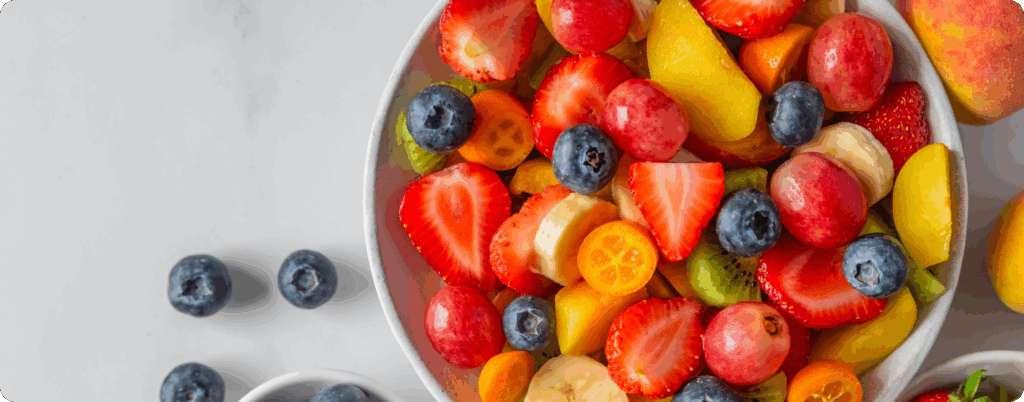
The Bottom Line
Pregnancy doesn’t require complicated supplements or exotic superfoods. Nature has already provided prenatal vitamins in the form of nutrient-rich, animal-based foods.
You can nourish your body and baby confidently by focusing on beef, liver, eggs, bone broth, dairy, shellfish, and animal fats, alongside supportive whole-food supplements.
Chat with your doctor or midwife to determine what’s best for you. And remember, your body is designed for this, and natural prenatal vitamins from food can be some of your greatest allies during pregnancy.
Nature's Ultimate Superfood
From Pure American Liver
Subscribe to future articles like this:
